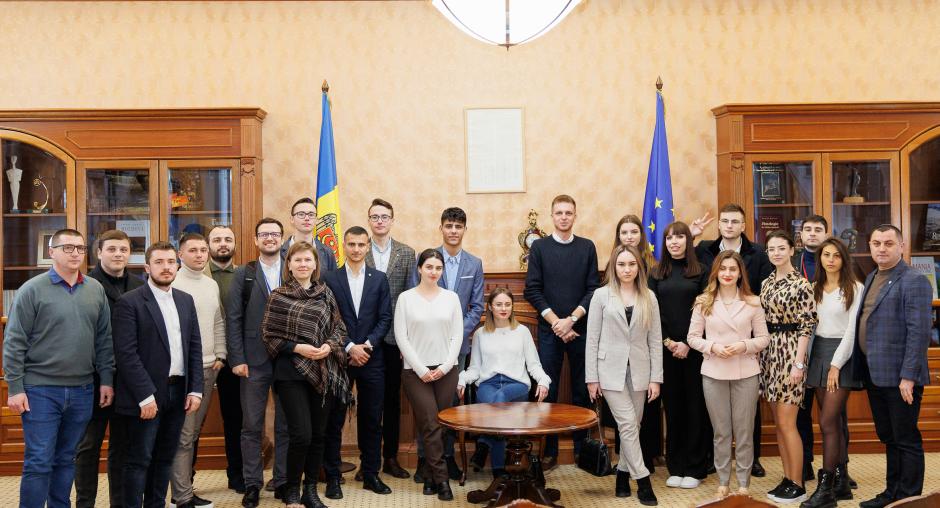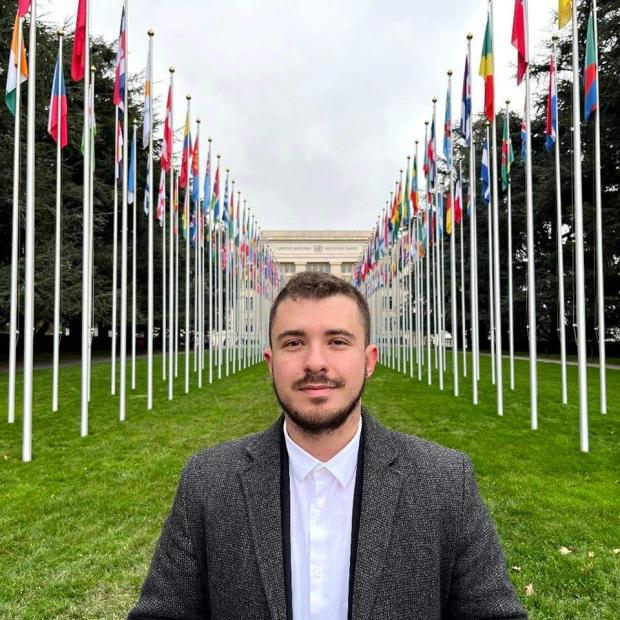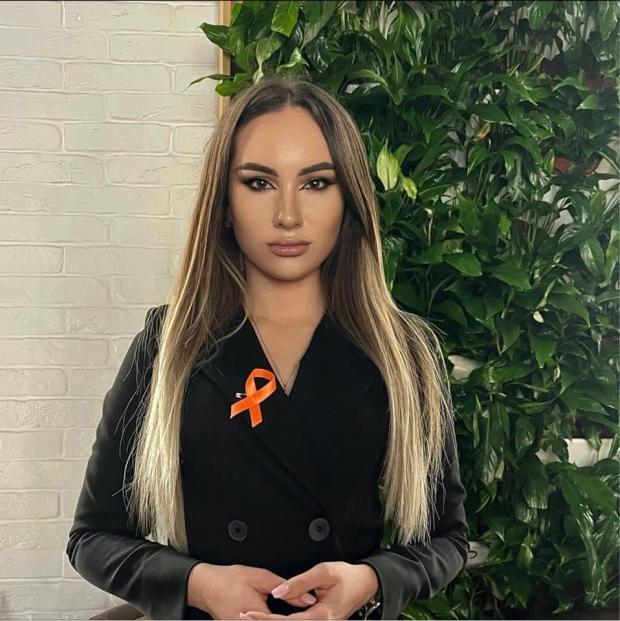Minority youth voices essential for Moldova’s inclusive future /// OSCE.org

To support the participation of Moldova’s minority youth in public life, the office of the OSCE High Commissioner on National Minorities and the Institute for European Policies and Reformsinitiated a Public Administration School. Twenty-five minority youth in Moldova had the chance to network, bridge regional disparities and advocate for equal opportunities. Seven participants were also given an opportunity to do an internship in a state institution.
The first school ran from 1 October 2022 to 30 September 2023 and the second phase is underway at present. Three participants from the first phase shared their experience.
Mihail worked on non-discriminatory textbooks
Mihail Platsinda, who completed his internship at the Council for Preventing and Eliminating Discrimination and Ensuring Equality, said the experience validated his minority knowledge and experience, and channelled it in a constructive direction. “I was involved in assessing the inclusivity and non-discriminatory nature of textbooks that will be introduced in schools in Moldova from the next academic year. I helped ensure the presence and quality of information about the national minorities of our country.”
Andreaa advocated to bridge regional disparities
Andreaa Goraș highlighted the need to address the disparities in social, educational and economic opportunities between the country’s regions and the capital. Discrepancies that begin in childhood may continue to be experienced by some members of national minorities through their educational and career paths, and can pose a challenge to the involvement of national minorities in public administrative work. “All children from regions outside of the capital, starting from a very early age, should have access to good quality education, because everything is still very concentrated in our capital, ” said Andreaa, who served as an intern at the Parliament of Moldova.
Ekaterina discovered the value of being involved in public life
Ekaterina Chumachenko who also had her internship at the Council for Preventing and Eliminating Discrimination and Ensuring Equality, said that she wants to see more young people voting and actively participating in decision-making processes. “To me, as a national minority representative, the project showed the country in a completely different light. In the past, I also did not want to participate in politics and governance, but now knowing how it works, I understand if I am not going to do something, no one will,” she said.
“We need similar internships in all the regions”
The participants recognized the potential within ethnic minority communities across the country and suggested expanding the internship opportunities.
“I think it would be nice for the internships to be offered not only in the capital, but also in the regions. For example, in Gagauzia, which has its own autonomous institutions. This could help build bridges between different ethnic and linguistic groups and regions,” pointed out Mihail.
“We now realize that the Public Administration School and internship programme is not just a learning experience for the participating youth but also an opportunity for us as organizers and the participating institutions to learn from the young people who participated. We will aim to strengthen this two-way communication and provide an even stronger platform for the perspectives of young minority representatives during the next edition of the school and internship programme,” shared Sarah Stephan, project officer for the HCNM. The second phase is already underway. It started on 1 October 2023 and will run until 31 March 2024.
Moldova is home to a diverse array of national minorities including, among others, ethnic Ukrainians, Russians, Gagauz, Bulgarians and Roma who contribute to the social fabric of the country, enriching its traditions, culture and customs.




